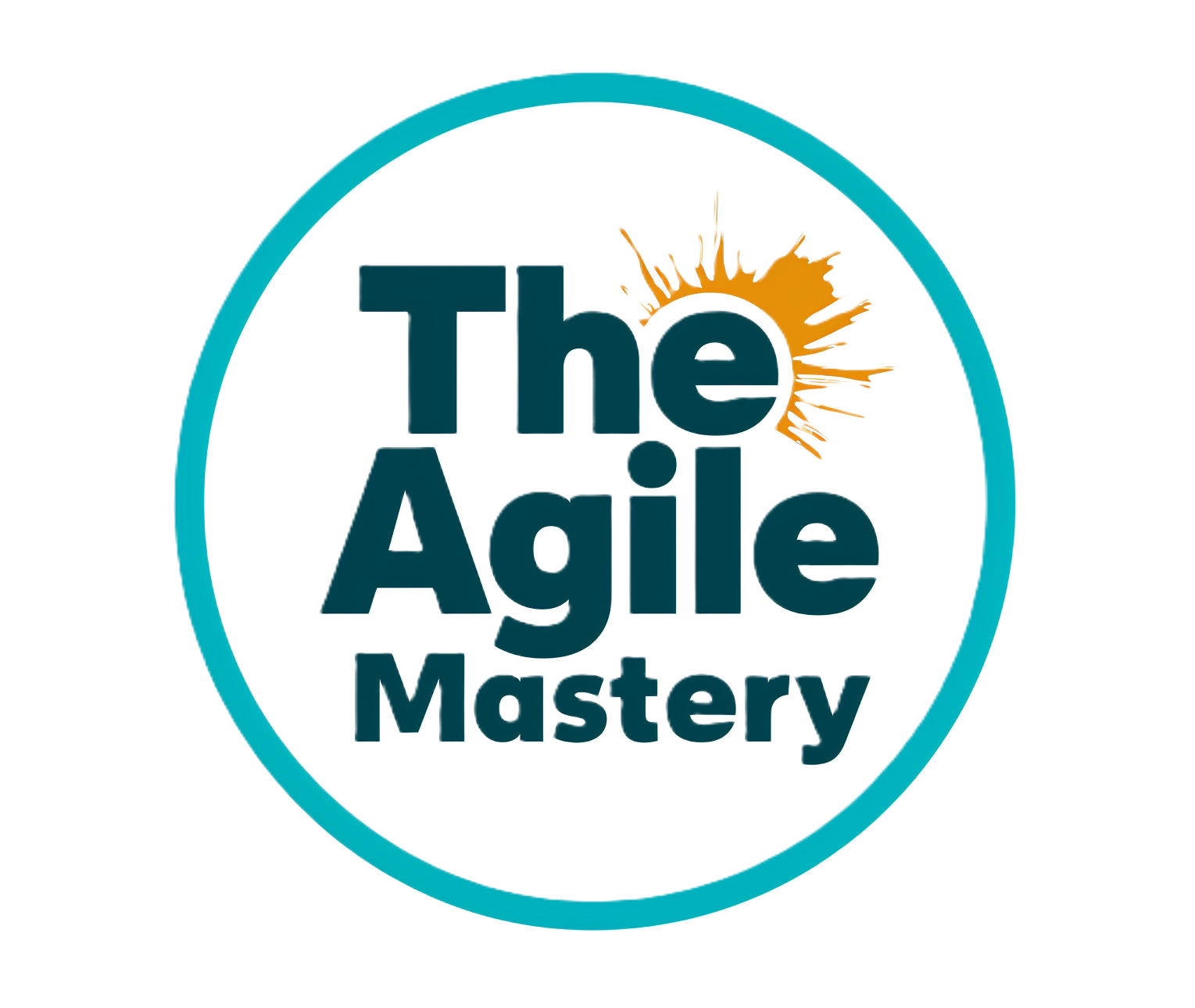The Scrum framework has gained significant traction in the business world due to its agile approach to project management. Central to Scrum’s effectiveness are the distinct scrum roles within the Scrum Team. In this article, we’ll explore the key roles of the Scrum Team and highlight why having experienced and knowledgeable individuals in these roles is essential for a company’s success.

The Three Vital Scrum Roles in the Scrum Team:
Product Owner:
The Product Owner (PO) acts as the bridge between stakeholders and the development team. This role entails understanding customer needs, defining product features, and maintaining a well-prioritized product backlog. The Product Owner’s expertise is vital for the following reasons:
Strategic Vision: An experienced PO can align the development efforts with the company’s strategic goals, ensuring that the product delivers real value to the organization and its customers.
Effective Prioritization: A knowledgeable PO can make informed decisions about what features or user stories should be prioritized, maximizing the product’s impact.
Scrum Master:
The Scrum Master is the facilitator of the Scrum process, responsible for ensuring that the Scrum Team adheres to Scrum principles and practices. Their primary focus is on removing impediments and fostering a collaborative environment. Having a skilled Scrum Master is crucial due to:
Obstacle Removal: An experienced Scrum Master can swiftly identify and eliminate obstacles that might hinder the team’s progress, ensuring seamless workflow.
Adapting Practices: A knowledgeable Scrum Master can tailor Scrum practices to fit the team’s dynamics, leading to improved efficiency and better outcomes.
Development Team:
The Development Team is a self-organizing group responsible for creating the product increment during each sprint. It’s essential for team members to have a wide range of skills and expertise, including programming, design, testing, and more. Having experienced members in the Development Team is vital for:
Quality and Innovation: Experienced team members contribute to high-quality products and innovative solutions, driving the company’s competitive edge.
Effective Collaboration: Knowledgeable team members can collaborate seamlessly, making informed decisions collectively and delivering successful increments.
Remember that all of the attributes can be developed over time with experience, training, and a willingness to learn and adapt. It’s also important to note that the specific attributes that are prioritized might vary depending on the organization, the product, and the team dynamics. It applies to all 3 of the roles above
Common misconception is that Scrum Master or Product Owner can be a good entry roles in IT. This is far from reality as the Importance of Expertise in Scrum Roles for Company Success are:
1. Efficiency and Productivity:
The Product Owner’s expertise ensures that the most valuable work is prioritized, leading to efficient development cycles.
A skilled Scrum Master keeps the team focused, resulting in enhanced productivity and timely deliveries.
Expertise within the Development Team leads to faster problem-solving and efficient development processes.
2. Quality and Customer Satisfaction:
A knowledgeable Product Owner understands customer needs, resulting in a product that meets or exceeds customer expectations.
Expertise within the Development Team ensures that the product increment is of high quality, reducing the likelihood of defects and rework.
3. Adaptability and Innovation:
A seasoned Scrum Master guides the team in adapting to change, fostering a culture of innovation and continuous improvement.
Expertise within the Development Team allows for creative problem-solving and the implementation of innovative solutions.
In the dynamic landscape of modern business, the roles within the Scrum Team are critical to achieving success. Experienced and knowledgeable individuals in the roles of Product Owner, Scrum Master, and Development Team members bring forth efficiency, quality, customer satisfaction, and innovation. Investing in these roles with the right expertise not only ensures the effectiveness of the Scrum framework but also positions a company to thrive in a rapidly evolving market. Its one step forward to The Agile Mastery

One reply on “Scrum Roles: Driving Success in Scrum”
[…] Agile development, clear and effective communication is paramount to ensure that all team members are aligned and understand what needs to be accomplished. One essential tool that helps Agile teams […]